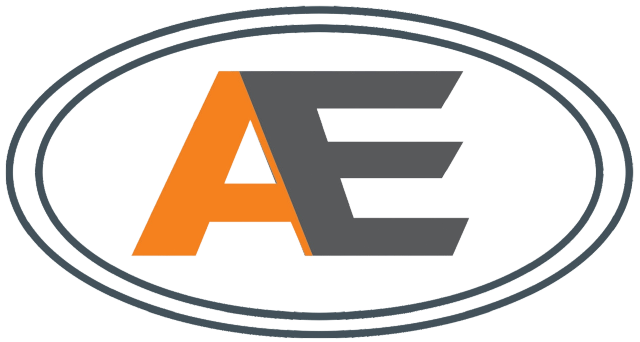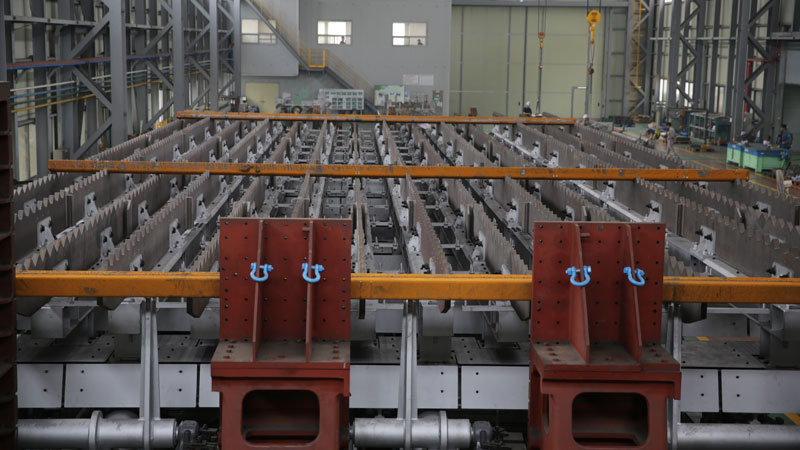Maintenance Matters: Enhancing Reliability and Productivity in Engineering Operations
Maintenance is a crucial aspect of engineering operations that directly impacts reliability, productivity, and operational efficiency. By implementing effective maintenance strategies, organizations can optimize equipment performance, reduce downtime, and enhance the overall reliability of their operations. This article delves into the significance of maintenance in engineering and explores key strategies and best practices to unlock its potential for driving successful operations.
- Understanding the Importance of Maintenance: Maintenance is not merely a reactive response to equipment failures but a proactive approach to ensure reliable and productive operations. It encompasses a range of activities, including preventive maintenance, predictive maintenance, and corrective maintenance. By investing in maintenance, organizations can extend the lifespan of their equipment, minimize unexpected breakdowns, and maximize productivity.
- Key Strategies for Effective Maintenance: a. Preventive Maintenance: Implementing a preventive maintenance program is essential for ensuring equipment reliability. This strategy involves regular inspections, lubrication, and component replacements based on predetermined schedules. By identifying and addressing potential issues before they escalate, organizations can prevent costly breakdowns and maintain consistent operational performance.
b. Predictive Maintenance: Leveraging advanced technologies and data analytics, predictive maintenance aims to forecast equipment failures and intervene before they occur. Condition monitoring techniques, such as vibration analysis and thermography, provide insights into equipment health, enabling timely maintenance actions. This strategy optimizes maintenance schedules, minimizes downtime, and maximizes the utilization of resources.
c. Reliability-centered Maintenance (RCM): RCM focuses on identifying critical components and determining appropriate maintenance strategies for each. It involves analyzing failure modes, developing maintenance plans, and prioritizing resources based on the criticality of equipment. RCM ensures that maintenance efforts are targeted where they matter most, optimizing reliability and productivity.
d. Total Productive Maintenance (TPM): TPM aims to involve all employees in the maintenance process, promoting a culture of continuous improvement. It emphasizes proactive maintenance, operator involvement, and autonomous maintenance activities. TPM fosters equipment ownership, reduces equipment losses, and enhances overall productivity.
- Best Practices for Maintenance Excellence: a. Comprehensive Asset Management: Developing a centralized asset management system is essential for efficient maintenance. It includes detailed asset tracking, maintenance history recording, and documentation of maintenance procedures. An integrated system facilitates streamlined planning, scheduling, and execution of maintenance tasks.
b. Training and Skill Development: Investing in training and skill development programs for maintenance personnel is crucial for ensuring competency and expertise. Continuous learning opportunities keep maintenance teams up to date with the latest techniques, technologies, and best practices, enabling them to perform their tasks effectively.
c. Root Cause Analysis: Conducting thorough root cause analysis helps organizations identify the underlying reasons for equipment failures or operational inefficiencies. By addressing the root causes, rather than just the symptoms, organizations can implement preventive measures, eliminate recurring issues, and improve long-term reliability and productivity.
d. Spare Parts Management: Maintaining an efficient spare parts management system is essential for timely maintenance. It involves inventory management, sourcing reliable suppliers, and ensuring the availability of critical spare parts. Proper stock optimization and streamlined procurement processes minimize downtime and reduce maintenance costs.
- Leveraging Technology for Maintenance Optimization: Technological advancements have revolutionized maintenance practices, enabling organizations to achieve higher levels of reliability and productivity. Integration of Computerized Maintenance Management Systems (CMMS), Internet of Things (IoT) devices, and predictive analytics software offers real-time monitoring, early fault detection, and proactive maintenance capabilities.
- Continuous Improvement and Performance Measurement: Maintenance excellence is an ongoing journey that requires a commitment to continuous improvement. By establishing key performance indicators (KPIs), organizations can measure the effectiveness of their maintenance efforts. Regular data analysis, feedback loops, and benchmarking against industry standards enable organizations to identify areas for improvement and drive continuous enhancements in reliability and productivity.
Conclusion: Maintenance plays a pivotal role in enhancing reliability and productivity in engineering operations. By adopting effective maintenance strategies, organizations can optimize equipment performance, reduce downtime, and maximize operational efficiency. Investing in comprehensive maintenance programs, leveraging technology, and fostering a culture of continuous improvement are key steps towards unlocking the power of maintenance for successful engineering operations.






